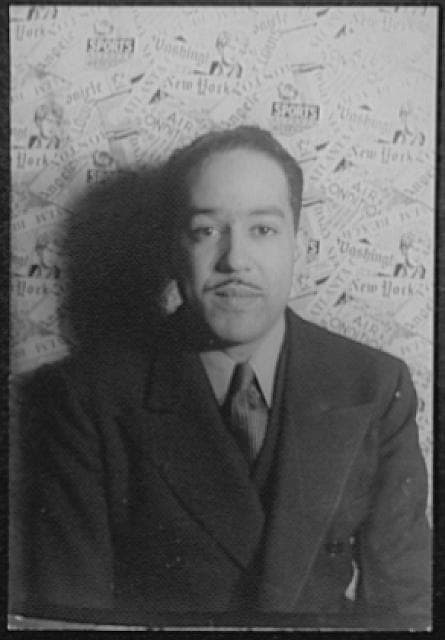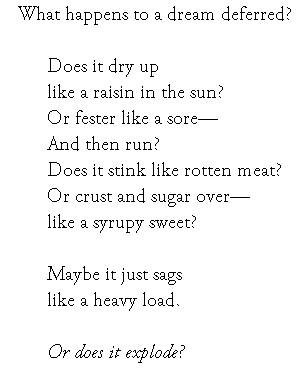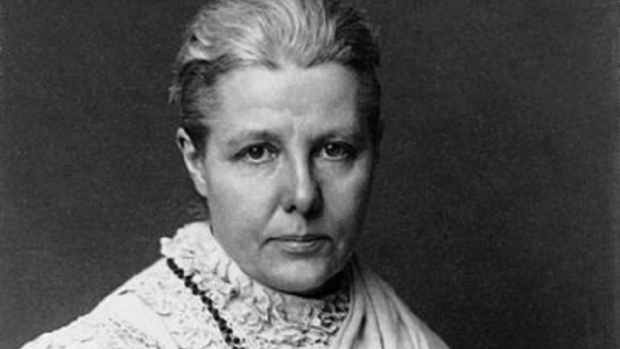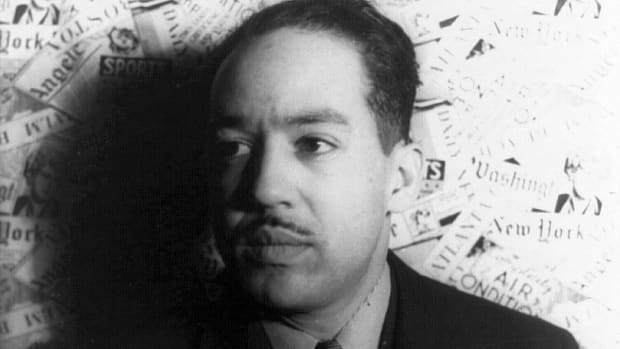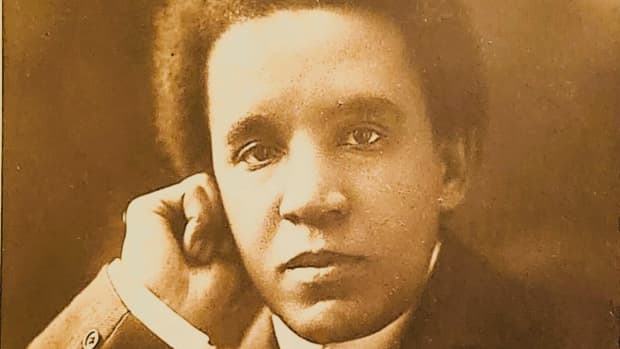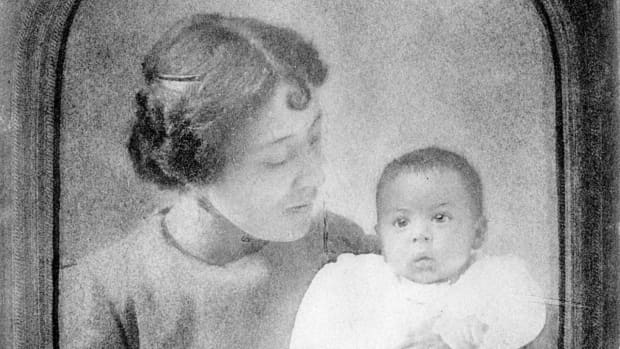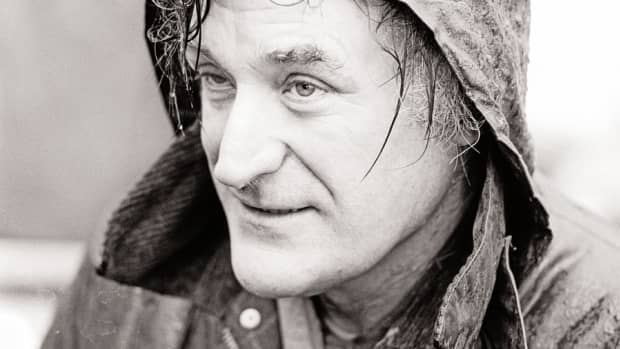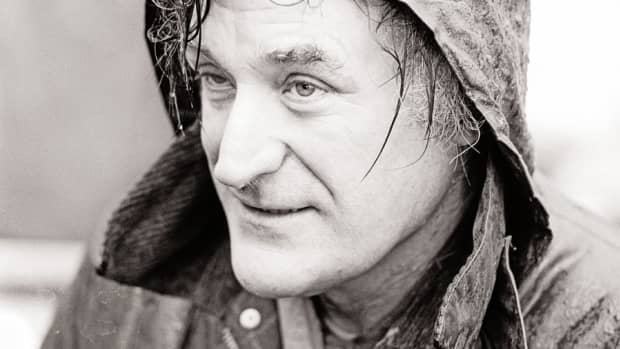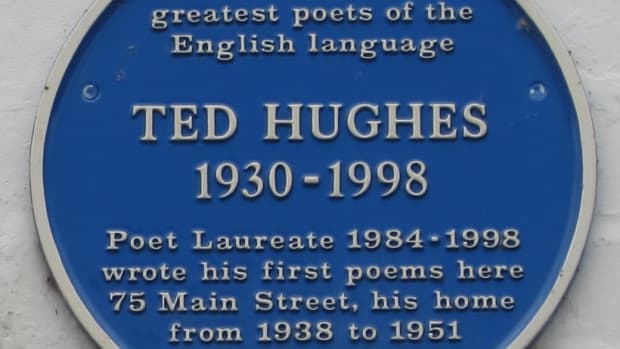Poem Analysis: 'Harlem' (A Dream Deferred) by Langston Hughes
Langston Hughes and a Summary of 'Harlem' (A Dream Deferred)
'Harlem' (A Dream Deferred) is one of a number of poems Hughes wrote that relates to the lives of African-American people in the USA.
- The short poem poses questions about the aspirations of a people and the consequences that might arise if those dreams and hopes don't come to fruition.
- There is an emphasis on poetic devices, specifically the simile, where one thing is compared to another using the words like or as.
Langston Hughes also wrote novels, stories, essays and articles throughout his career, but it was mainly as a poet that he gained recognition. He wanted his poems to reflect the plight of the African-Americans and to give them a voice. Despite some opposition to his work, he became a beacon of light for the oppressed.
He was part of the Harlem Renaissance, an artistic movement of African Americans that played a major role in establishing names during the 1920s and 30s.
Hughes continued to use the influence of street language and vivid imagery in his poetry, 'Harlem' being a prime example.
Analysis of the Poem
A short, pithy poem that seeks to answer its own question via a series of images and the use of simile and metaphor—figurative language—which puts the emphasis on the imagination.
There are eleven lines with an inconsistent rhyme scheme of abcdbefeghh.
The form is unusual in that the first stanza is a quatrain, followed by a tercet, and then an unrhymed couplet. The last line is another question which suggests that there is no definitive answer to the original question.
Recommended
Full-end rhymes do tend to glue the lines together and solidify the whole, so sun/run, meat/sweet, load/explode reinforce the message and also make it easier to remember.
Note the use of anaphora, when words are repeated (as in the Old Testament Psalms, for example), which also combines with the above rhymes to strengthen the form.
Does it dry up...
Does it stink....
Or does it .....
'Dream Deferred' Meaning
What kind of dream are we talking about here? The dreams we all experience whilst sleeping? Daydreaming? Most definitely not; this dream has to do with conscious goals, hopes and aims for the future.
The speaker is suggesting that this dream is already delayed and frustrated and that time is of the essence—this dream has to be fulfilled or else.
The poem does not offer any solution to the problem of the postponed dream. It merely puts before us some tentative examples. Something happens, but the speaker isn't quite certain what.
The reader is offered a series of comparisons. The dream is like:
- a raisin in the sun: a fruit that was once juicy, a nutritious food, now is seen to dry up and become useless. As the sun rises each day, time passes, and nothing happens.
- like a sore: a flesh wound or symptom of illness which, once neglected, begins to turn bad and could be harmful to the health. Too late for a bandage or cream?
- rotten meat: a protein foodstuff that has been left out or forgotten about and is already beyond use. There's something rotten in the state of forgotten dreams.
- a syrupy sweet: sugar brings energy and life but this has been out too long and gone crusty. That dream was sweet once upon a time.
- a heavy load: who wants to carry such weight unnecessarily? Everyone has baggage but doesn't history show some people have always carried more than others?
So, these five contrasting elements help shape the poem and bring strong visual energy into the mind of the reader.
The fact that food is prominent brings home the idea that this dream has to do with survival (of the fittest); what is taken into the physical body is important, but in the end, a dream deferred can result in explosive consequences. Because it's like a ticking time bomb?
The final line metaphorically sums up the whole notion of what can happen when an individual's or a people's dream fails to manifest in real-time. Oppression, societal pressure, prejudice, historical baggage and other factors can play their part in denying the dream.
Sources
- 100 Essential Modern Poems, Ivan Dee, ed Joseph Parisi,2005
- Academia
- YouTube
© 2017 Andrew Spacey

